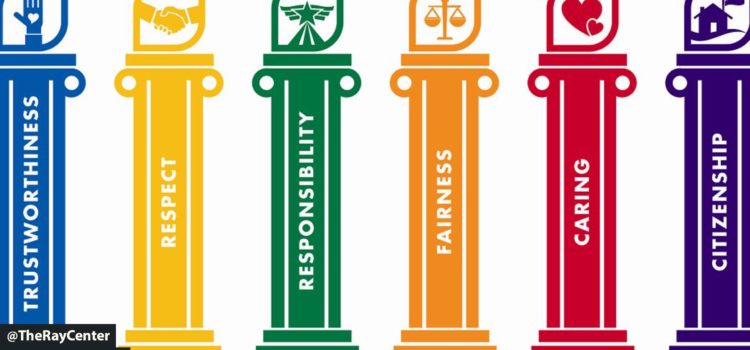Reflecting on your own character is important to grow and stay accountable. This lesson is designed for students to reflect on the character trait of caring and the ways they display it to others. It also allows students time to discuss on how they can continue to show care towards others and how they can make changes to become even more caring.
Caring (Grades K-5)












